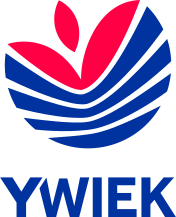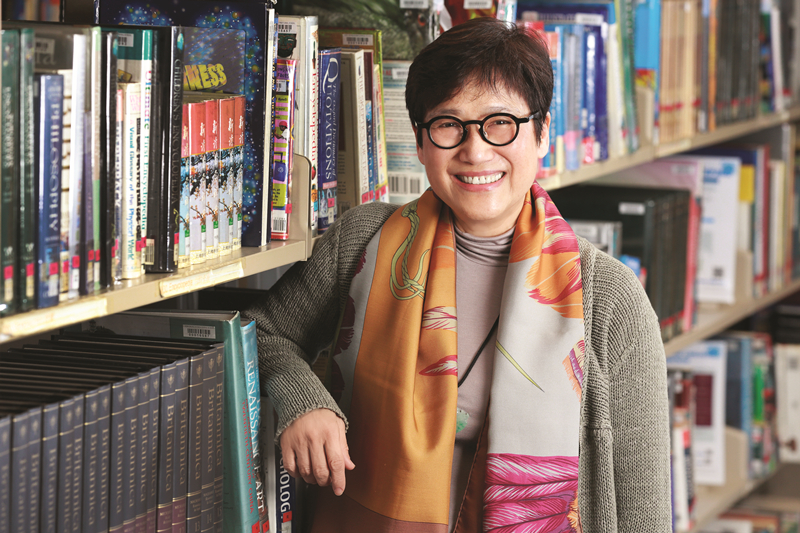Go Back
News
School News
'International Education' Can Play A Key Role In Development Of China's Greater Bay Area, Says Pioneer Hong Kong Schools Veteran
School News
30 Jun, 2020
10 : 00
Reported byEric Ng
SCMP.COM Published: 1:30pm, 20 Jun, 2020The Greater Bay Area’s economic integration will see greater demand for “international education” at private schools, with most of this coming from local students rather than expatriates, according to an education veteran.
Betty Chan Po-king, CEO of Yew Chung International Schools in Hong Kong, said for the GBA to rival other hubs, today’s students need to be taught the right people skills to lead the region’s future growth.
“Given rapid economic development and technological advancement in the GBA, to succeed, students need to be creative, resilient, agile, open-minded, ready to collaborate with people from different cultures and have a humble attitude for lifelong learning, ”she said in an interview. “These are not skills easily taught in traditional classrooms.”
Chan has co-founded and built with her husband Paul Yip Kwok-wah a string of Yew Chung and Yew Wah branded private schools in mainland Chinese cities since 1993.
Yip is a former adviser to the central government and later adviser to Hong Kong’s first chief executive, Tung Chee-hwa.
On her return to Hong Kong after obtaining her doctorate degree in early childhood education in the US in the early 1970s, Chan rebuilt the Yew Chung primary school in Kowloon which was first set up by her mother in 1927.
Chan was one of the pioneers of the “learning through play” teaching method for children in Hong Kong.
Inspired by her encounter in the mid-1980s at Frankfurt’s airport with a German father accompanying his son to study mandarin in Taiwan, she decided to turn the school into a new kind of “international school”.
“After this encounter, it dawned on me that ‘international’ does not equal ‘western’, international means different cultures,” she said. “The traditional international school concept is to transplant a western country’s education model to Hong Kong. My concept of international school is to bring people from different places and their culture together.”
Chan has implemented a leadership system where a Chinese co-principal, a foreign co-principal and a head of school administration share joint authority and accountability, to foster cross-cultural and cross-functional collaborations throughout the schools.
“I encourage them to fight among themselves, put their concerns on the table for discussions, resolve their differences and come up with a solution for the benefit of the school and students,” she said.
The couple’s education network spans 19 campuses in Hong Kong and mainland China, besides Somerset, in the UK, and Silicon Valley in the US.
The Greater Bay Area Plan
In the mainland, Yew Chung schools are international schools for expatriate children that offer bilingual education and cross-cultural training. Yew Wah schools, which cater mainly for Chinese students, fuse the Chinese national curriculum and overseas education resources taught by Chinese and foreign teachers.
“There are many ‘bilingual schools’ in the mainland, but language is only a tool for education, we need to expose our children to different cultures and environment,” Chan said.
While the Yew Chung network has grown in the past with rising manufacturing investment by multinational firms in China, recent events look set to dent demand from expatriate families, she noted.
“Going forward, local students’ enrolment growth is likely to be faster than that of expatriate kids,” she said. “Given the coronavirus pandemic, how many western companies will still be sending staff to China is a concern. In our Chongqing campus, we have lost over 100 expat students who had to relocate due to the pandemic.
“On top of that, tense US-China relations saw the Trump administration pressure US companies to move their operations out of China. Also, the trend in recent years of Chinese parents sending children overseas for education at a younger age will retreat, given the horrendous experience of some kids stranded overseas during the public health crisis.”
China was the world’s second largest international schools market in January, enrolling 389,100 students, trailing 678,100 in the United Arab Emirates, according to UK-based ISC Research.
Eric Ng
Eric joined the SCMP in 1998 after brief stints in a trading company and translation and editing roles at Dow Jones and Edinburgh Financial Publishing. He has close to 20 years of experience covering China’s energy, mining and industrial materials sectors, and has recently added biotechnology to his coverage. Eric has a Masters of Business Administration degree.








